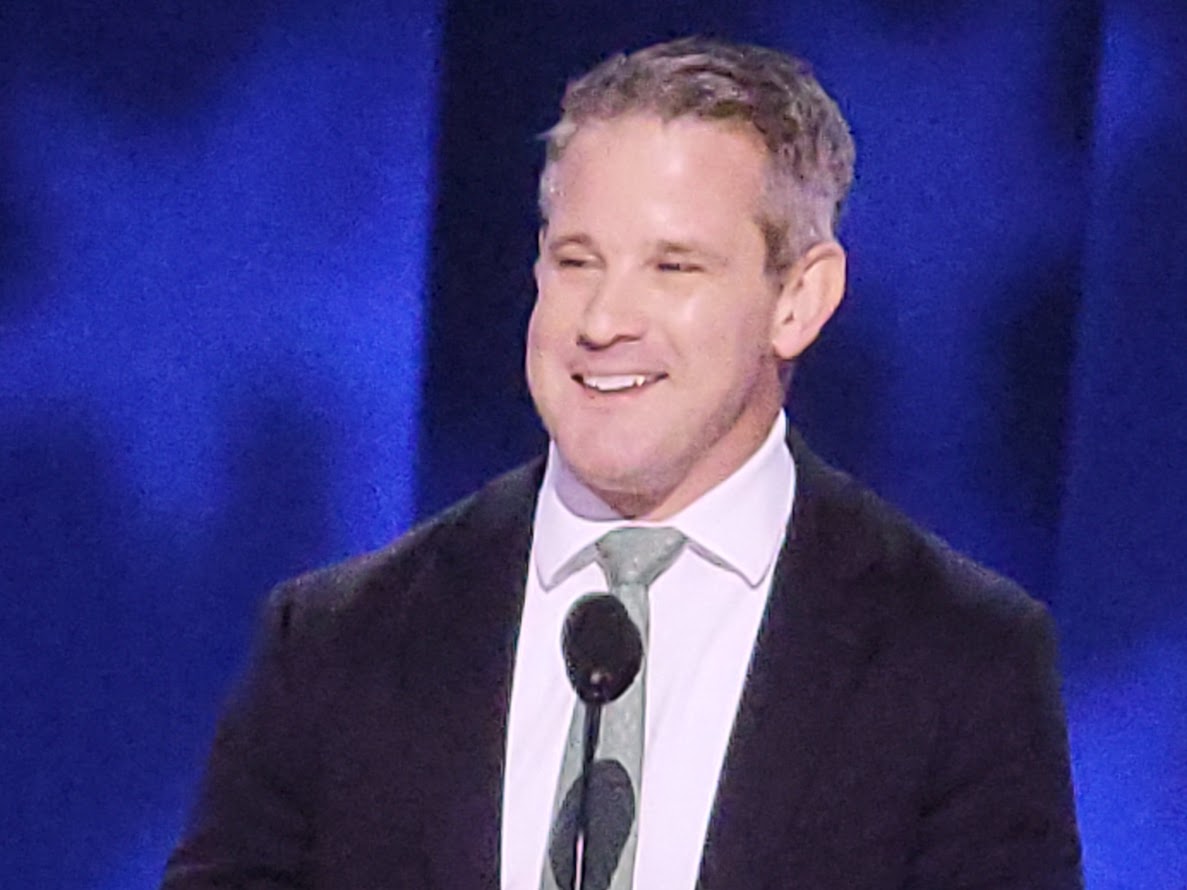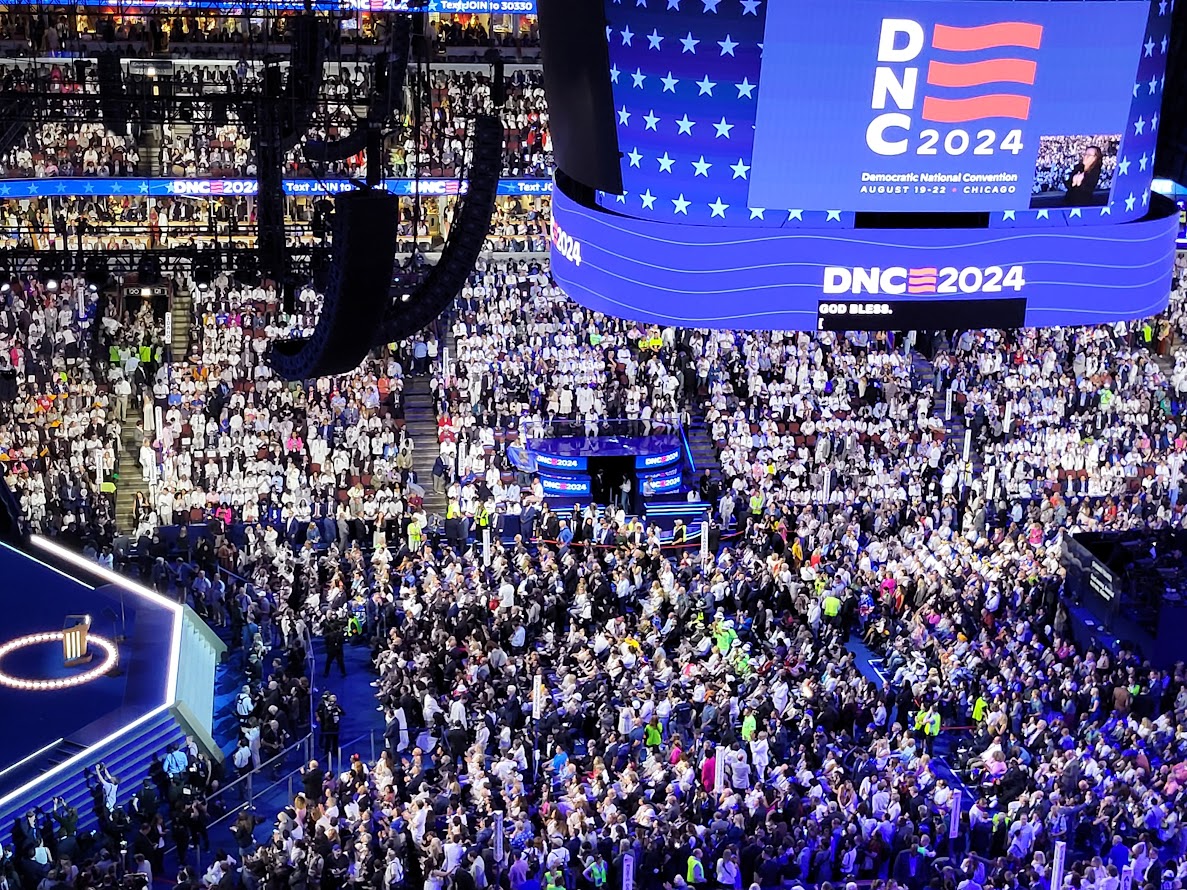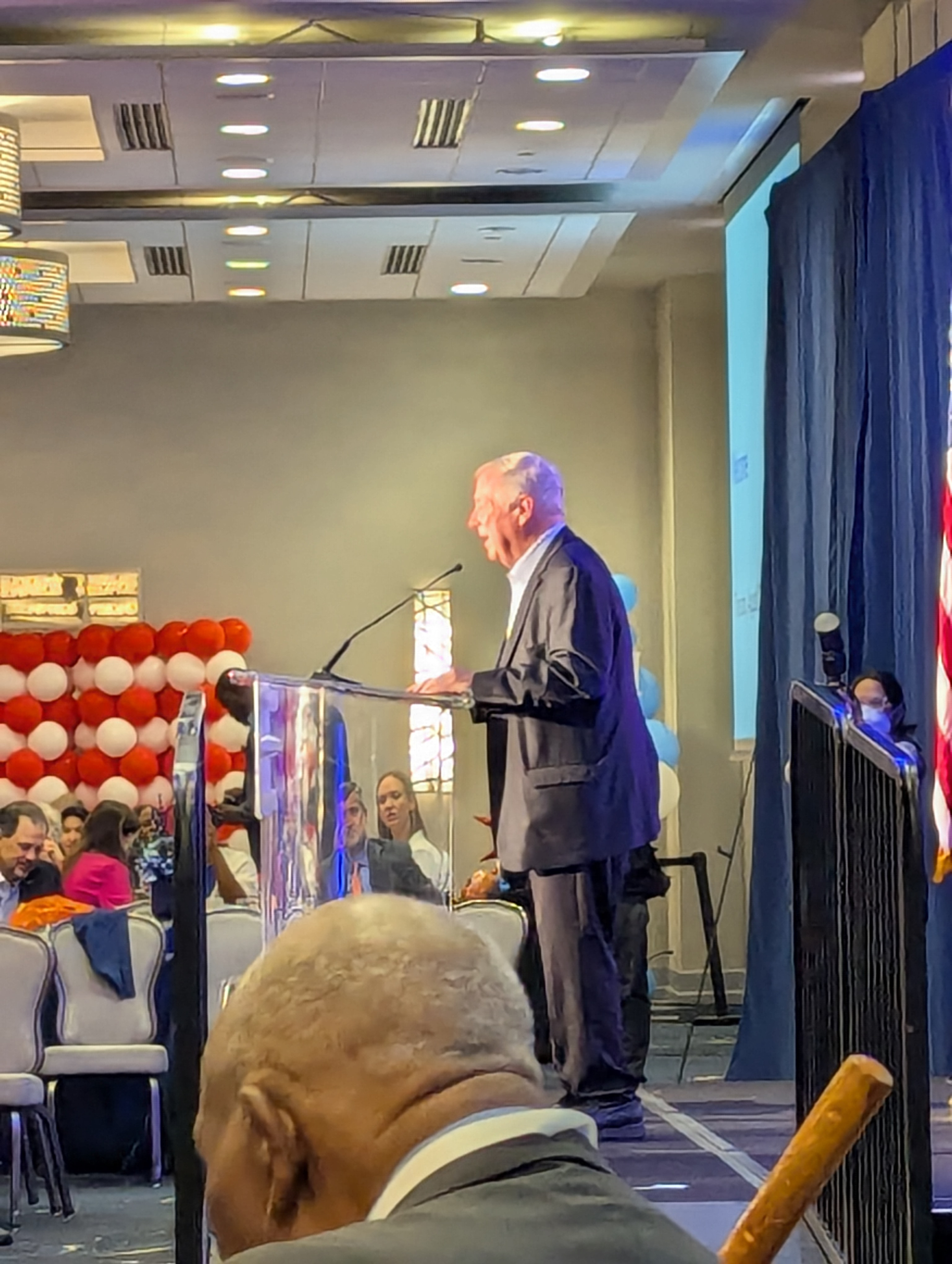Northwestern Medicine Chief Medical Officer Dr. Kevin Most joins the Steve Cochran Show to discuss a new smoking cessation drug that may be hitting the market soon, the new over-the-counter birth control that may be available as soon as 2024, and the potential long-term health implications associated with Ozempic usage.
Dr. Kevin Most’s Show Notes:
Over-the-counter oral contraceptive pill FDA approved.
- On Thursday the FDA approved the first OTC birth control pill.
- Drastic change? There are 100 other countries that already have this in place, so we are lagging not cutting edge
- The drug named Opill has been safely used for years across the world
- The medication is expected to be available in January and will not have an age restriction
- Will be interesting to see the pricing and if insurance companies will cover the cost.
- The medication is sometimes called a “mini pill” it has progestin, it suppresses ovulation
- The FDA voted unanimously that the benefits outweigh the risks
- There is obviously the political as well as religious concerns
- It is not uncommon for a drug to go from prescription to OTC (Aleve, Nexium, Pepcid, Zyrtec)
Drug for smoking cessation does well in clinical trial
- Smoking cessation has always been a difficult thing to accomplish
- Many things have been tried- nicotine patch, nicotine gum, antidepressants, acupuncture, hypnosis- most with little or no success
- Currently a Phase 3 study on a drug historically known as Cytisine being done at Mass General
- Results out in JAMA recently are very positive- effective and well tolerated
- Cytisine is a natural plant based compound that binds to the nicotine receptors in the brain that slow the urge to smoke
- This is better than the slow decline in nicotine replacement
- This was done at 17 sites with over 800 participants with the end goal being total stopping of smoking for a 4 week period
- Individuals in the trial noted a rapid and sustained decline in the craving and smoking urges in the first month
- Over the long term it continued to show great success at the 6 month mark
- Well tolerated with low rates of side effects
Drug information-
- Drugs have a patent life where no generics can be made and a company has the exclusive rights to produce and sell the drug
- The patent life for a drug is 20 years from the date the patent was submitted, however there are extensions for antibiotics, some pediatric drugs, orphan drugs
- The patent does not mean that a company has 20 years of sales without a competitor as some of these drugs will take 10-15 years to go thru the trails necessary for approval
- There are 51 drugs coming off patent in 2023 including billion dollar drugs used to treat diabetes, depression, arthritis, ADHD
- If you are taking a brand name drug and want to see when it will come off patent Pharsight is a great resource
Drug shortages- safety lapses- razor thin margins- tough competition
- Drug shortages in the US are at the highest level in 9 years
- Medications currently in short supply include Chemotherapy drugs, ADHD drugs and antibiotics
- Drug shortages are not where a drug is out 100% it is where the current supply exceeds the current need
- Chemotherapy shortages are the most detrimental as patients are on specific medications with specific dosing and alternates are not easy to find if even possible
- Chemotherapy in those cases is delayed, or lower doses are given
- Currently close to 2 dozen chemotherapy drugs and in shortage status
- Why is it occurring? Multi factorial – a factory in India, Intas Pharmaceuticals , that made about one half of Chemo used in the US, had quality issues and was shut down by the FDA last December, other companies did not step up and fill that void
- This has forced the FDA to allow for some chemo drugs to be imported from China
- Information on demand is not easy to get as drug companies often want to keep that private to minimize competition
- 90% of prescriptions are for generic medications- the goal is to keep prices down- encourage sufficient supplies – ensure the meds are safe and effective in generic format
- Those 3 goals are difficult to hit all at once the 3 pull at each other.
- Margin on generic drugs is small as companies had a race to the bottom as they tried to gain market share. Continuing to lower the price to knock out competitor but also shrinking margins
- Covid, inflation and work force shortages have impacted many generic drug manufacturers
- No perfect solution
Medicare to finally negotiate pricing on medications- good or bad?
- We are all waiting to see the list of drugs that federal officials will target as they pen negotiations on pricing later this year.
- The new law, part of the Inflation Reduction Act, allowing for Medicare to negotiate on drug prices goes into effect in September of this year
- For the past 30 years this negotiation was not allowed by law
- The first round will focus on 10 drugs that are selected for being the most expensive with high use.
- The list is not yet decided on but a few expected include Embrel- for arthritis, Xarelto- a blood thinner, Januvia- a diabetes medication
- The price difference in different companies is ridiculous. An example- Xarelto the blood thinner, in the US a years prescription costs $6,240. While in Canada it cost just above $1,000
- Now, don’t expect any quick changes, the negotiations are scheduled for 2024 and 2025, with the negotiated price change going into effect Jan 1, 2026, however one drug has been impacted with Insulin having a $35 / month cap for Medicare patients that is now in effect.











